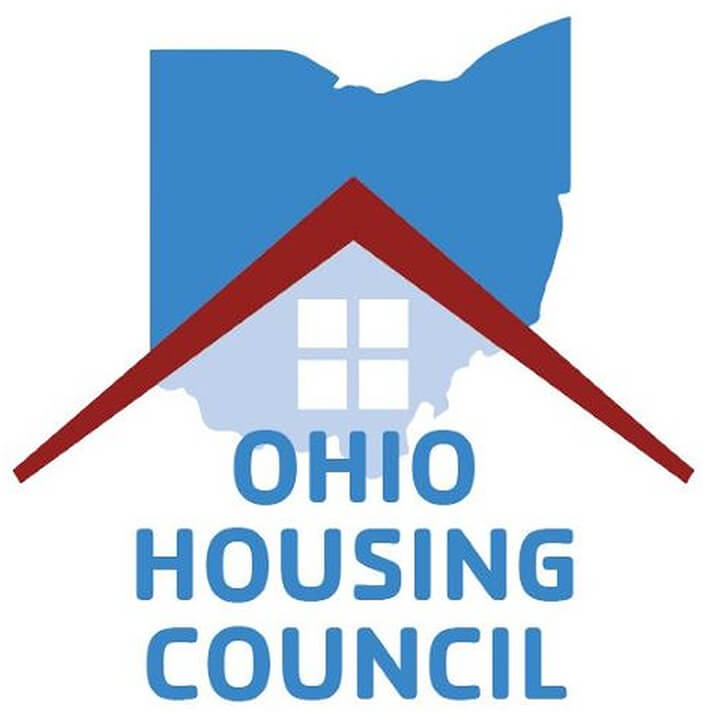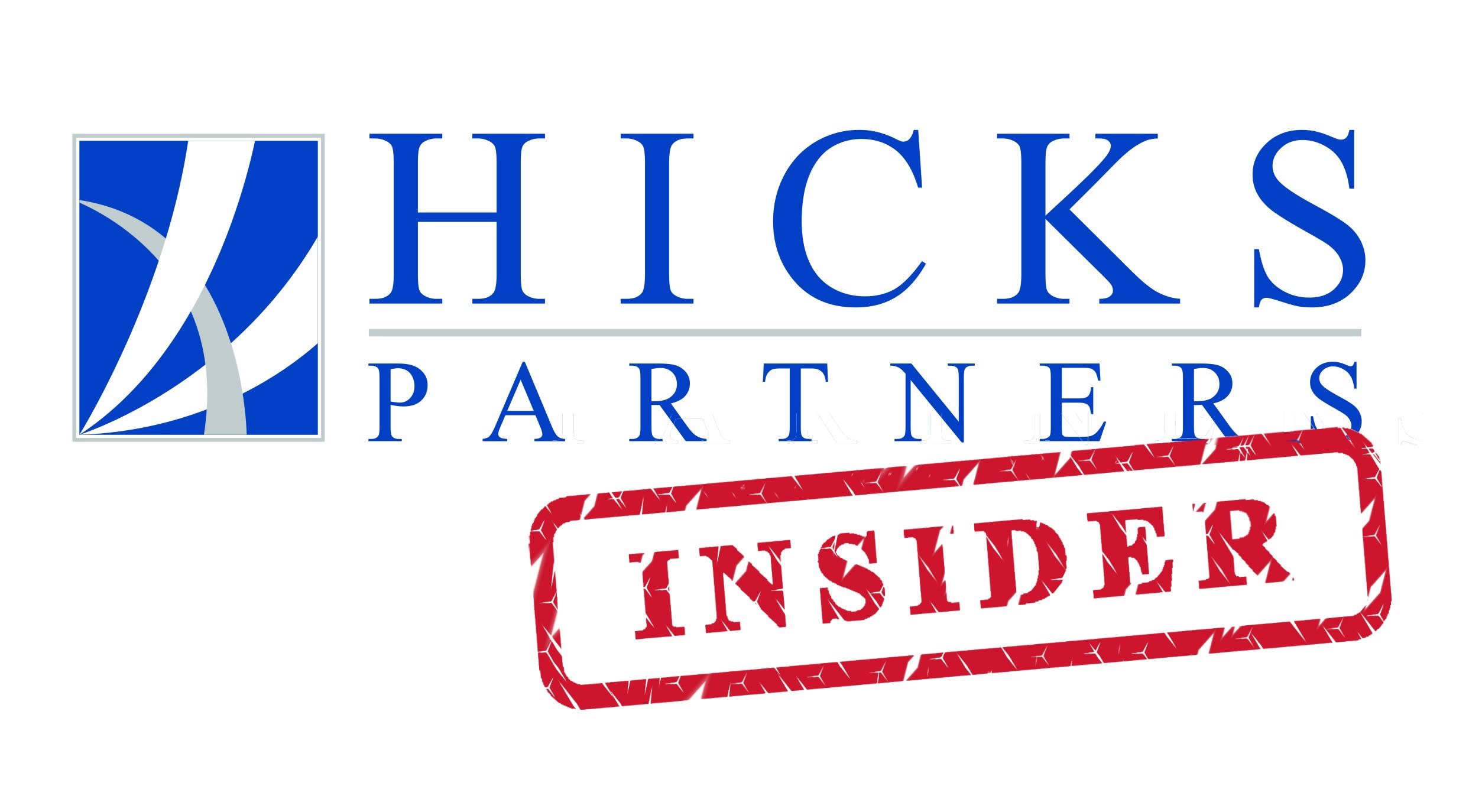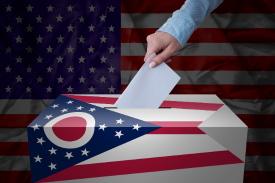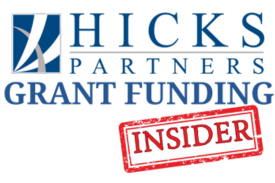| State Budget Passed with Governor’s Signature and Line-Item Vetoes |
|
|---|
|
 |
Gov. Mike DeWine wielded his line-item veto authority with unprecedented force, striking 67 provisions from Ohio's $90.5 billion operating budget. DeWine's vetoes targeted several provisions including property tax reforms, higher education measures, library restrictions, and K12 education related items. The 67 vetoes surpass his previous record of 44 in 2023 and exceed former Gov. John Kasich's high of 47 in 2017. Property Tax Reforms Property tax provisions represented DeWine's most comprehensive rejection of legislative priorities. The governor struck down four related measures: - School District Carryover Limits: Eliminated the 40% cap on cash reserves that would have forced districts to refund excess funds to taxpayers, potentially saving $2.17 billion statewide
- County Budget Commission Authority: Removed expanded powers allowing county budget commissions to unilaterally reduce voter-approved levies when revenues exceed expenditures
- 20-Mill Floor Calculation Changes: Vetoed inclusion of emergency and substitute levies in funding formula calculations
- Levy Type Restrictions: Preserved school districts' ability to pursue replacement levies and other funding mechanisms
K-12 Education DeWine targeted legislative efforts related to local public school governance: - Partisan School Board Elections: Maintained nonpartisan status for local school board races
- Employee Benefit Restrictions: Preserved school boards' ability to pay retirement contributions for superintendents, principals, and treasurers
Library Provisions Eliminated Social policy vetoes focused on content restrictions and youth services: - Library Material Segregation: Struck requirements for libraries to relocate books with sexual content away from minors
- Youth Homeless Shelter Restrictions: Partial veto of language that would have prevented funding for homeless shelters supporting transgender and nonbinary youth
Tax Policy Mixed Results DeWine selectively preserved and eliminated various tax provisions: - Data Center Exemptions: Maintained sales tax exemption worth up to $20 million annually despite legislative elimination attempts
- Historic Preservation Credits: Restored programs the legislature intended to sunset
- Select Sales Tax Elimination: Allowed removal of exemptions for electronic information services and refrigerated vending machines but restored tax exemptions for newspapers and film productions.
|
|
|---|
|
 DeWine's vetoes reflect tensions between the executive and legislative branches in the governor’s final budget cycle. The property tax vetoes drew immediate ire from GOP lawmakers given the growing political backlash of the issue. Look for the legislature to override the property tax vetoes, and possibly other vetoes, in the coming months. DeWine's vetoes reflect tensions between the executive and legislative branches in the governor’s final budget cycle. The property tax vetoes drew immediate ire from GOP lawmakers given the growing political backlash of the issue. Look for the legislature to override the property tax vetoes, and possibly other vetoes, in the coming months. |
|
|---|
|
| Ohio Charts Its Future: JobsOhio 2030 |
|
|---|
|
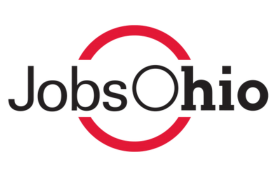 |
JobsOhio has approved a new five-year roadmap to position Ohio as a tech and manufacturing powerhouse. The plan, dubbed "JobsOhio 2030: Let's Grow, Together," comes amid strong performance: $19.3 billion in capital investment across 377 projects creating 19,338 new jobs with $1.61 billion in payroll in 2024. Recent marquee wins include Anduril Industries' $1+ billion defense manufacturing facility (the largest job creation project in state history) and Amazon Web Services' additional $10 billion investment. Why It Matters - National Competition: States are locked in fierce competition for legacy-building projects and top talent. Ohio has emerged as a consistent leader.
- Economic Momentum: The 34% increase in capital investment from 2023 demonstrates accelerating momentum as Ohio positions itself as the "Silicon Heartland."
- Workforce Challenge: Despite Ohio’s #1 Midwest ranking for productivity, more Ohioans are retiring than entering the workforce, making talent attraction critical.
Strategic Pillars Drive Results - Silicon Heartland Expansion: Building on Intel's $20+ billion semiconductor investment to attract a new supply chain ecosystem, and strategic positioning around Wright-Patterson AFB for defense technology leadership
- AI Integration Across Industries: Targeting the $1.8 trillion global AI market through sector convergence, building from Meta's $800+ million AI-optimized data center demonstrates Ohio's competitive edge
- Innovation Districts: Investing $3 billion in the Ohio Discovery Corridor connecting Cincinnati, Cleveland, Columbus. This initiative hopes to produce 47,500 additional STEM graduates and 60,000 new jobs over 10 years
- Workforce Development: Launching the “Find Your Ohio” program to generate 2,600+ out-of-state candidate resumes and expanding JobsOhio Relocation Incentive (JORI) for skilled worker attraction
- Site Readiness: The SiteOhio program will create construction-ready properties with guaranteed utilities. Nineteen site projects were completed in 2024, with an additional 17 planned for 2025
|
|
|---|
|
 JobsOhio's unique private funding model through liquor revenues provides competitive advantages other states cannot match. With $2.2 billion in assets and guaranteed funding through 2053, JO can respond at "the speed of business" without bureaucratic constraints. Success hinges on executing comprehensive workforce development initiatives to support these billion-dollar investments. JobsOhio's unique private funding model through liquor revenues provides competitive advantages other states cannot match. With $2.2 billion in assets and guaranteed funding through 2053, JO can respond at "the speed of business" without bureaucratic constraints. Success hinges on executing comprehensive workforce development initiatives to support these billion-dollar investments. |
|
|---|
|
Ohio's Senate Bill 1 Moves Forward After Referendum Falls Short |
|
|---|
|
Organizers pushing to repeal SB 1 at the ballot box fell short of the required 248,092 valid signatures by June 27. Volunteers canvassed all 88 counties, collecting nearly 200,000 in just over six weeks. With no referendum, SB 1 became law, banning campus diversity programs, limiting faculty strikes, and restricting institutional statements. Key SB 1 Provisions: - Prohibits DEI in recruiting, training, scholarships
- Bans full-time faculty strikes during contract negotiations
- Mandates annual faculty evaluations with student and peer feedback
- Forbids institutional positions on climate, immigration, abortion, marriage
- Requires three-credit civics literacy course for graduation
|
|
|---|
|
 The referendum's organizers mobilized 1,700 volunteers but were undone by tight timelines and inconsistent county-level support. With SB 1 advancing, legal challenges may emerge as Ohio's higher education institutions adapt to new realities. The referendum's organizers mobilized 1,700 volunteers but were undone by tight timelines and inconsistent county-level support. With SB 1 advancing, legal challenges may emerge as Ohio's higher education institutions adapt to new realities. |
|
|---|
|
Our Grant Alert list is updated! Review the list of ongoing grant opportunities here: |
|
|---|
|
| |
| Hicks Partners, LLC is a multidisciplinary business consulting firm providing public relations, government affairs and business development services. We deliver powerful results for clients seeking to enhance their image, impact policy decisions, and grow their bottom line. |
|
|---|
|
|
|

